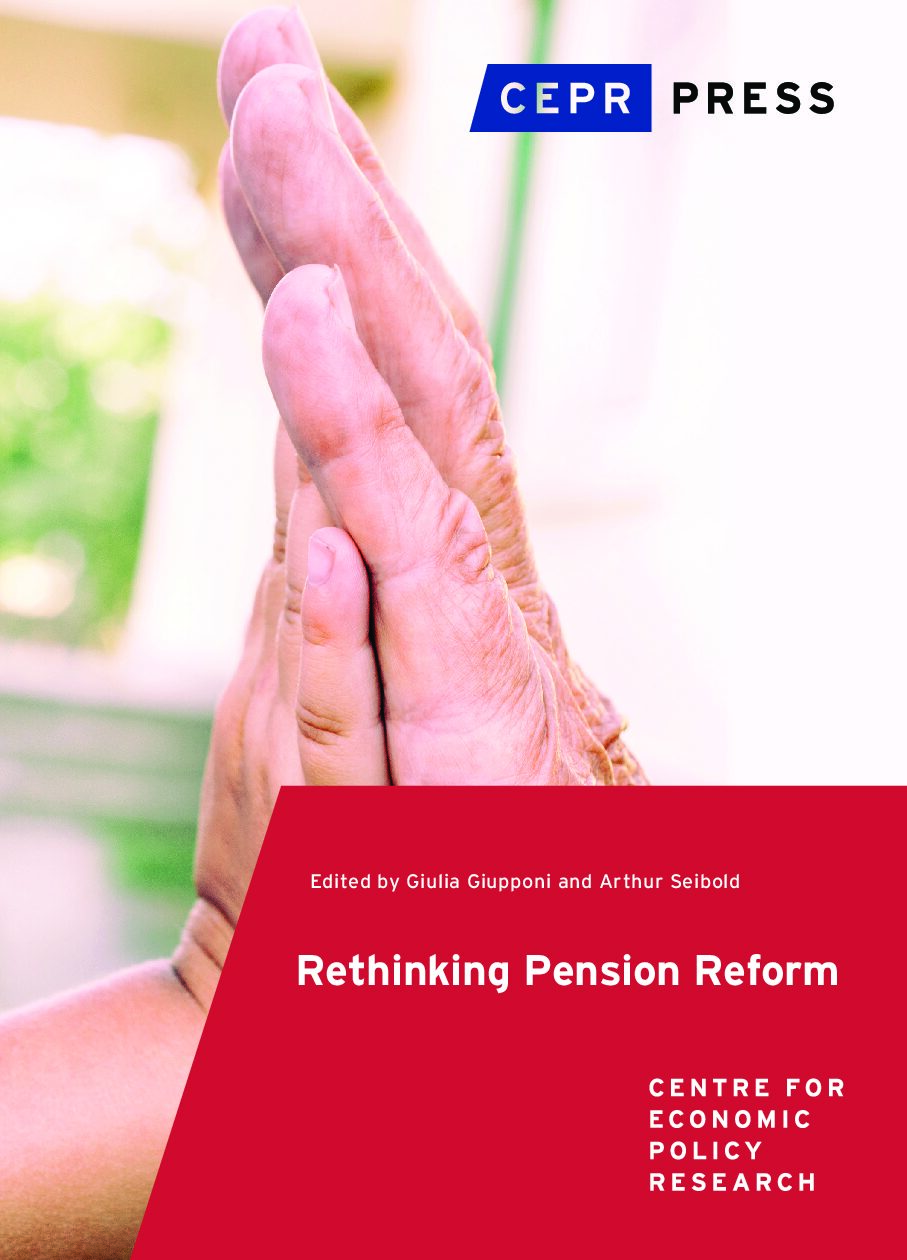Inheritances and Inequality across and within Generations
By Andrew Hood & Robert Joyce
Today’s elderly have much more wealth to bequeath than their predecessors, primarily as the result of rising homeownership rates and rising house prices. At the same time, today’s young adults will find it harder to accumulate wealth of their own than previous generations did, due to the sharp fall in homeownership, the dramatic decline of defined benefit pensions in the private sector and the stagnation in household incomes. Together, these trends mean inherited wealth is likely to play a more important role in determining the lifetime economic resources of younger generations, with important implications for inequality and social mobility.
Looking at current pensioners, we find that those with the highest lifetime incomes are also those who have inherited the most across the course of their lives. High-lifetime-income individuals are around twice as likely as low-income individuals to have inherited something, and many times more likely to have inherited hundreds of thousands of pounds. There is evidence that these patterns are likely to be maintained among younger generations: those with higher incomes are much more likely to either have received an inheritance or expect to receive one in future. An assessment of how inequality in the amounts inherited will differ for younger generations would require the collection of new data, but would be a worthy topic for future research.
Keep Reading HERE!










